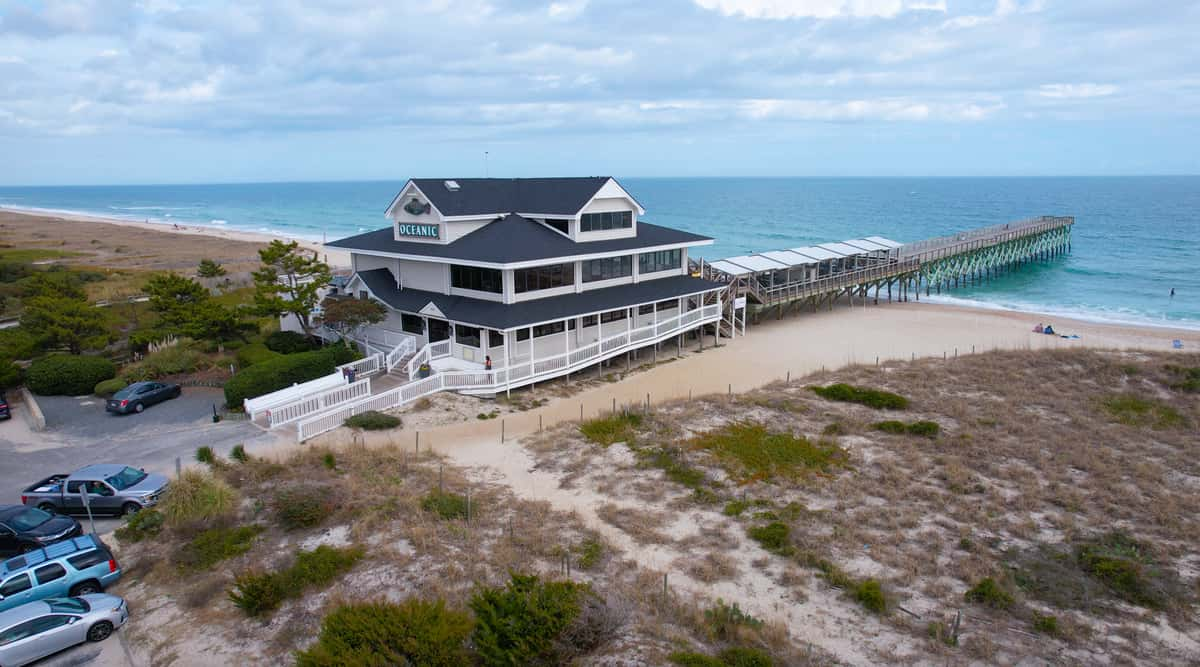
Our History
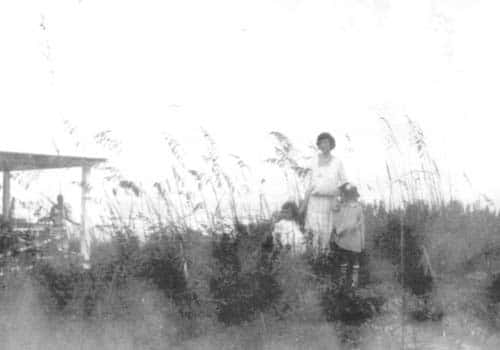
1887
Beach accessibility was improved with the completion of Shell Road and Wrightsville Beach avenue leading to the end of the Intracoastal Waterway. Wilmington Seacoast Railroad Co. built rail transportation, and train service started with "The Beach Car" from downtown Wilmington to "The Hammocks" Harbor Island. 25 round trips were made per day.
1889
The rail line was extended across the Hammocks and onto the barrier island, later known as Wrightsville Beach. The rail ran southward along a route which is now South Lumina Avenue. The end of the beach car line was Lumina Pavilion.
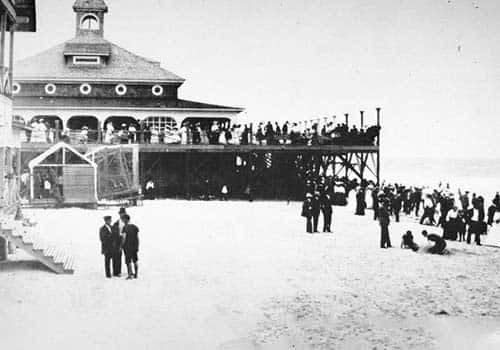
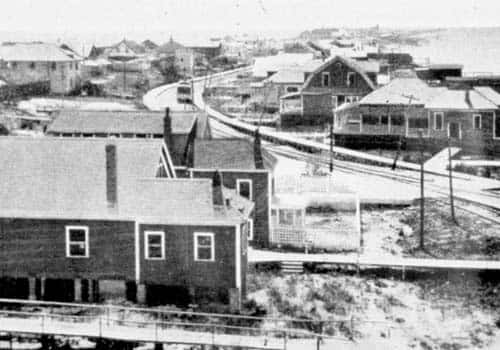
1899
Town of Wrightsville Beach is incorporated.
1905
Lumina opens for the first time. Lumina Pavilion was built by Tidewater Power Co. and turned into the popular entertainment site with dancing, sports contests.
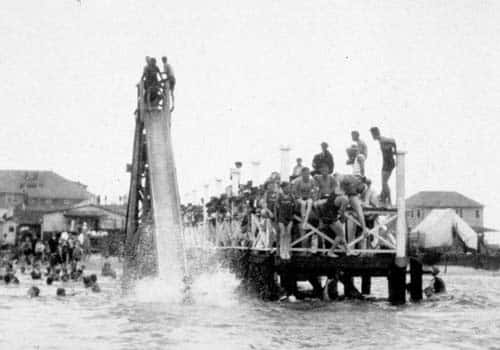
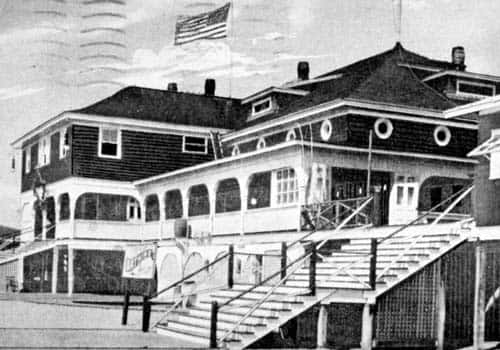
1934
The Great Fire of 1934 destroyed over 100 buildings on the Island, including the Oceanic Hotel. Lumina Pavilion remained untouched.
1939
The Crystal Pier was first built, originally named The Mira Mar by Floyd Cox and was the longest pier on the eastern seaboard at 1,000 feet.
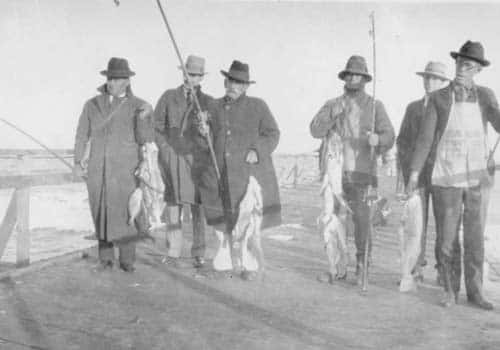
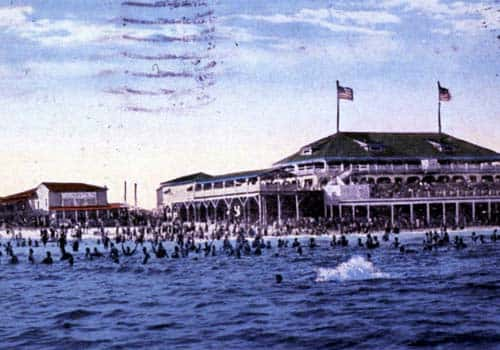
1940
Mike Zezefellis bought the pier from the original Hutaff family and started serving food at the Fish House.
1974
Crystal Restaurant and pier sold to George and Nick Fokakis – Fish House changed to Crystal Restaurant.
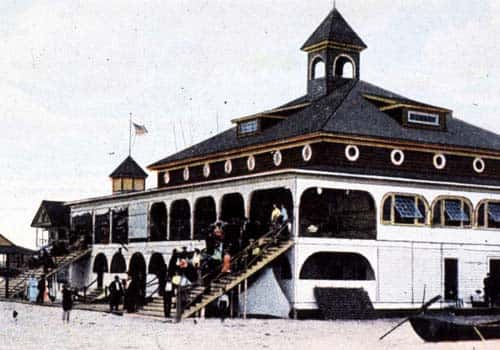
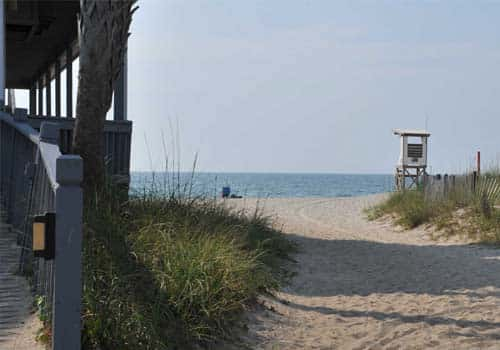
1982
After the Crystal Restaurant was torn down and was rebuilt to be a three-story restaurant, it is sold to Monica and Don Watson.
2013
Save the Pier! LM Restaurants funded the rebuilding of the Crystal Pier to reopen the pier to the community as a public fishing pier. Allowed for public access to the water and fishing.
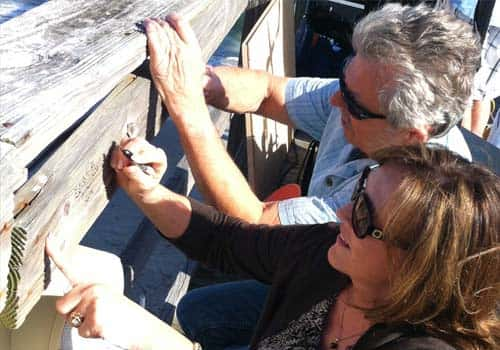
Present
Following Hurricane Florence, the Oceanic Restaurant on Wrightsville Beach has been re-imagined and opened once again.